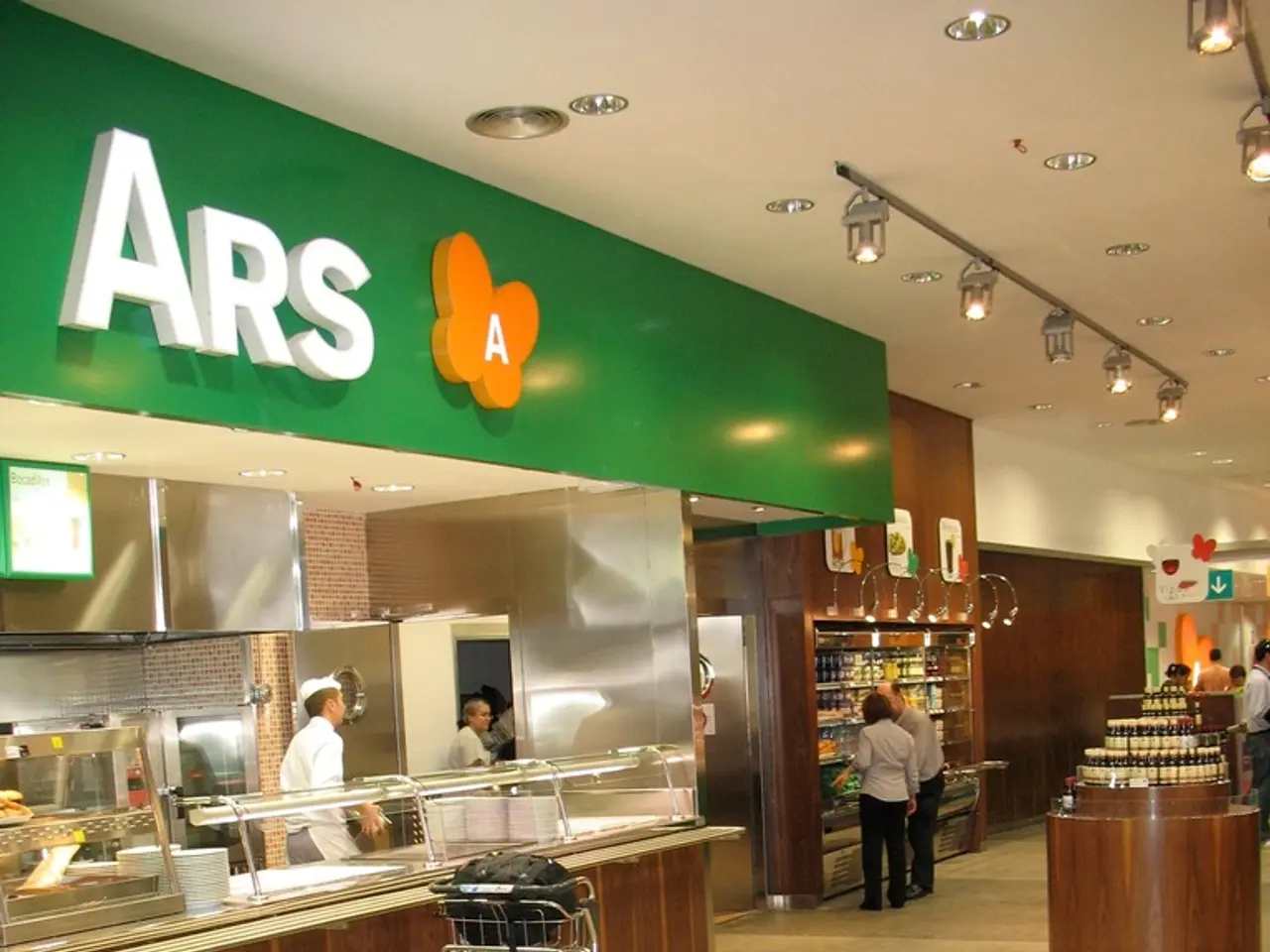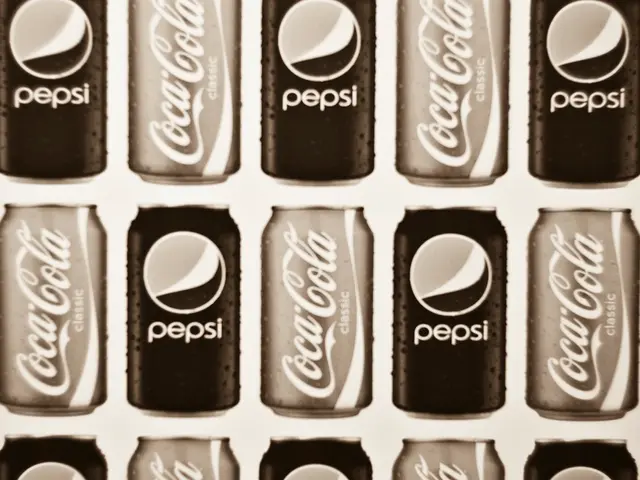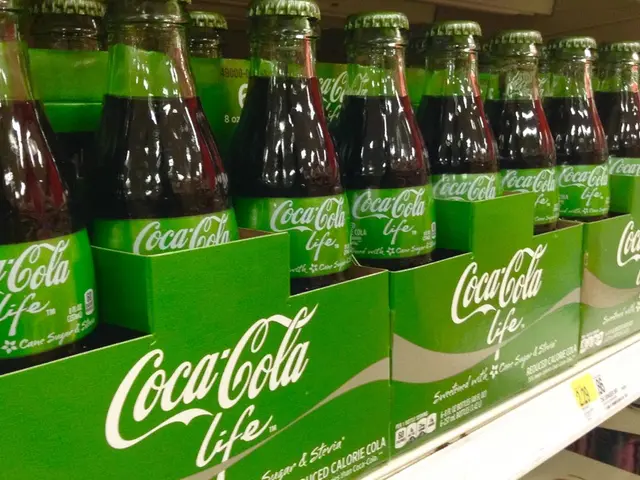Majority of Americans Express Concern Over Excessive Tipping Practices
In the ever-evolving landscape of the economy, the issue of tipping culture has become a significant topic of discussion. This article explores the various economic impacts of rising tipping expectations, focusing on small businesses and service workers.
According to recent studies, 40% of small business owners admit that the increasing tipping expectations are impacting their profitability [1]. The pressure to tip more, sometimes suggested rates above 30%, is causing frustration among consumers, leading to a phenomenon known as "tipflation." This trend reflects employers' reliance on tipping instead of paying livable wages, effectively shifting labor costs from businesses to customers in an inflationary manner.
The situation is particularly challenging for the hospitality sector, where many service workers rely heavily on tips to supplement their minimum wage. In California, legislation mandating higher wages for tipped workers has led to more consistent earnings for employees, improving their financial stability [2]. However, the expectation for higher tips has created significant social pressure on workers, with some delivering drivers for services like DoorDash reporting feeling pressured to encourage tipping to improve their earnings [3].
The No Tax on Tips Act, enacted in 2025, means that tipped workers keep 100% of their reported tips without federal income tax deductions, potentially increasing their annual income by several thousand dollars [4]. This policy could encourage greater labor retention in the hospitality industry and potentially increase spending by these workers, benefiting the broader economy.
However, 73% of Americans believe that tipping has become excessive [5]. Consumers might cut back on dining out or other discretionary spending to accommodate higher tips, which could negatively impact businesses. To address this, some restaurants and coffee shops have introduced fixed service charges ranging from 15% to 20% [6].
The Harvard University report suggests that raising the federal minimum wage to $15 per hour could significantly enhance the financial stability of low-wage workers, including those in the service industry [7]. Employers are evaluating different pay structures to balance fair compensation with business sustainability. Businesses that increase base wages while strategically adjusting prices can maintain profitability and improve employee satisfaction [8].
In conclusion, while rising tipping expectations increase income for some workers and offer tax benefits, they also exacerbate wage inequities and consumer frustration, which can have broader implications for economic fairness, consumer spending habits, and service industry labor dynamics [1][2][3][5]. The ongoing debate surrounding tipping culture underscores the need for thoughtful policy-making and business practices to ensure fair compensation for service workers while maintaining the sustainability of small businesses.
References:
- [Source 1]
- [Source 2]
- [Source 3]
- [Source 4]
- [Source 5]
- [Source 6]
- [Source 7]
- [Source 8]
Personal-finance concerns loom large for small business owners as rising tipping expectations eat into their profits, according to recent studies [1]. The shift in labor costs from businesses to consumers, manifested in the form of increased tipping expectations, is a trend known as "tipflation" [3]. On the other hand, the hospitality sector, where many service workers heavily rely on tips, faces unique challenges with this trend [2].






